Why faking positive emotions at work can lead to heavier alcohol consumption
Such is life for millions of service workers, from baristas to customer service reps. Personally, I’ll never forget how frustrating it was to smile and say “sure!” Significant patterns arose confirming that employees who more frequently reported surface acting/concept creep [the emotional weight carried by service-industry workers, like bank tellers and flight attendants, who are…

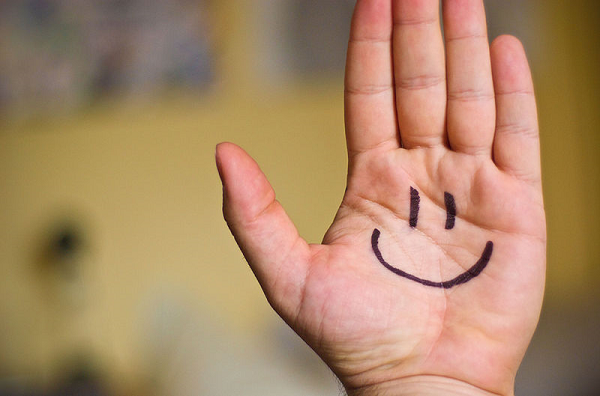
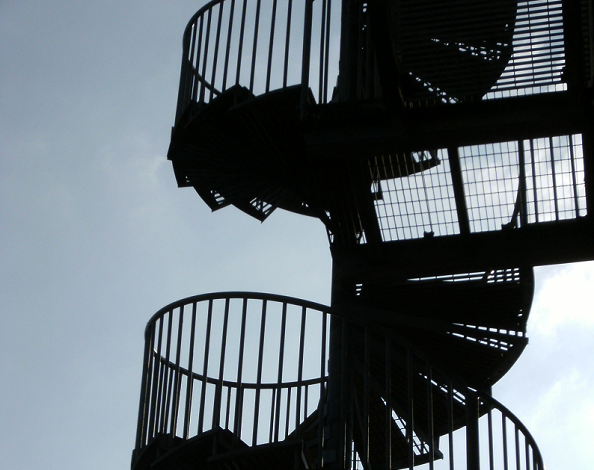
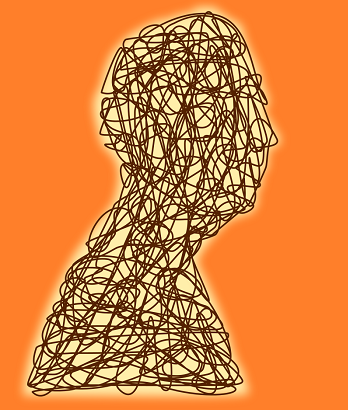



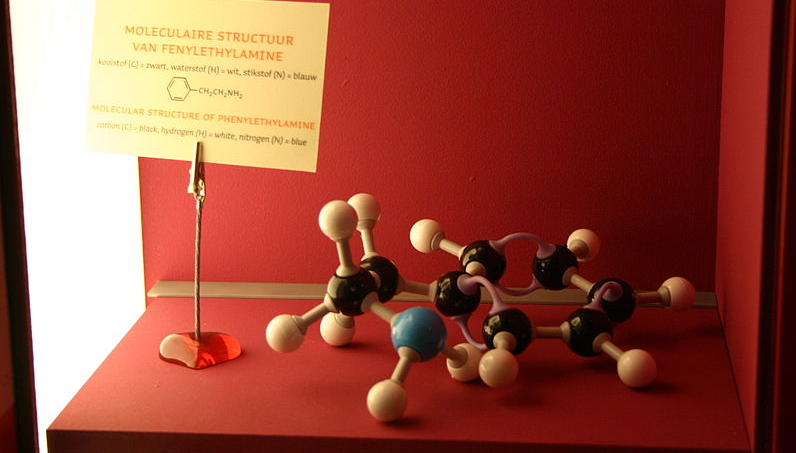
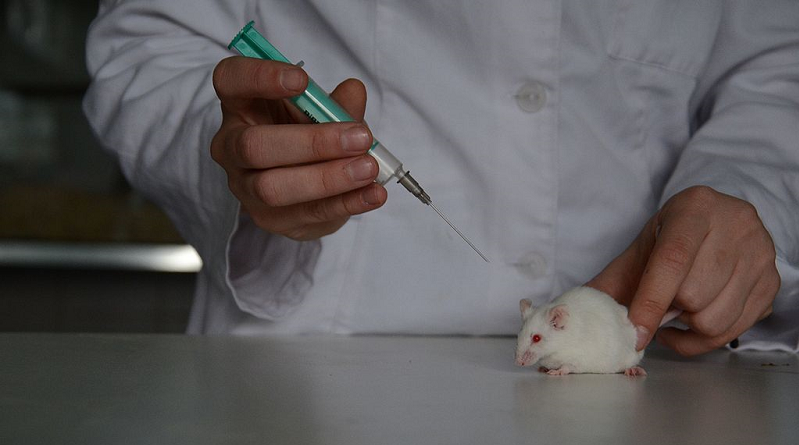

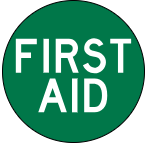
Recent Comments